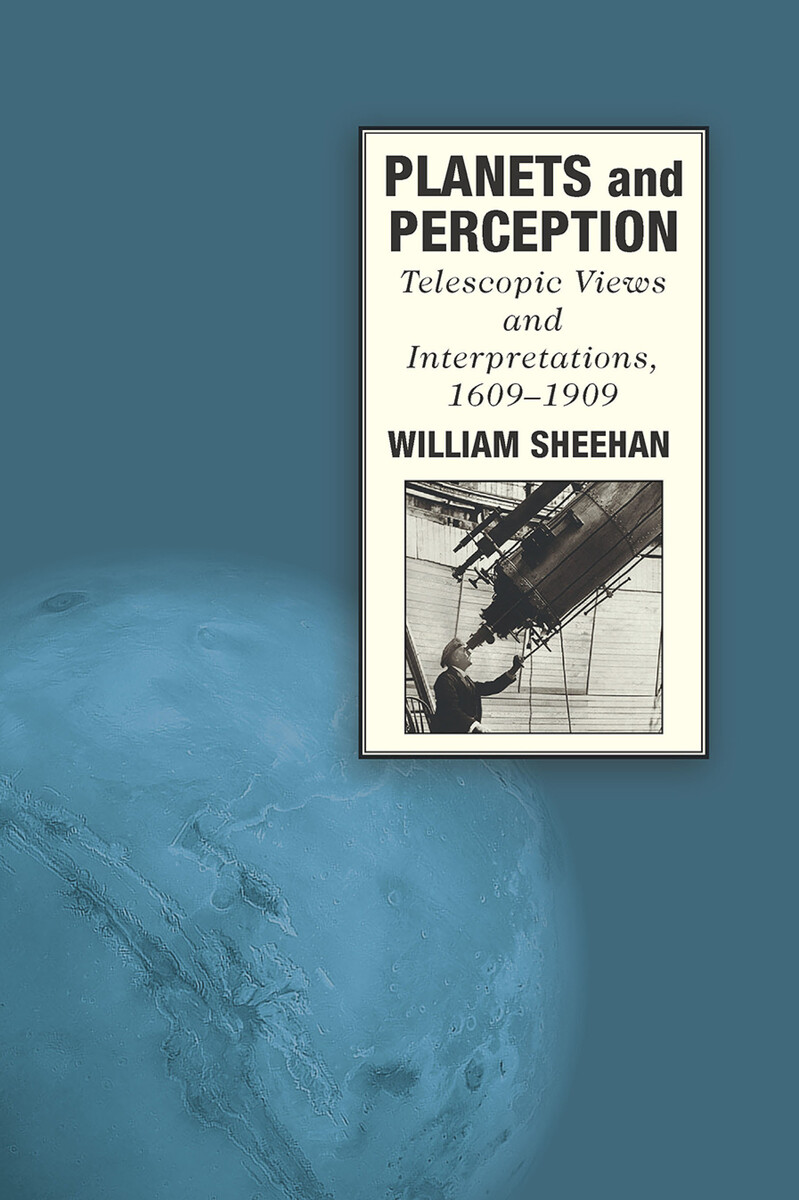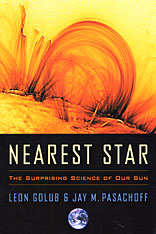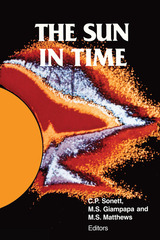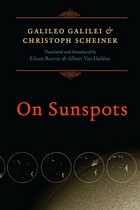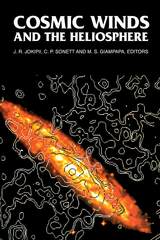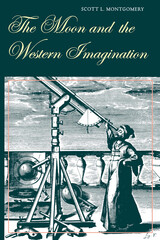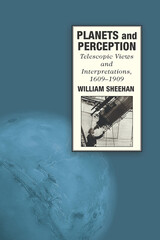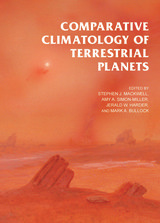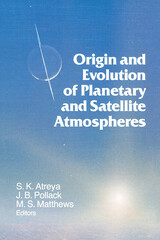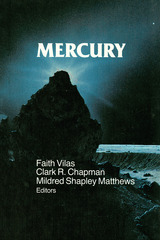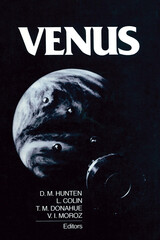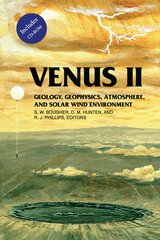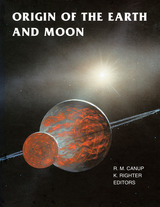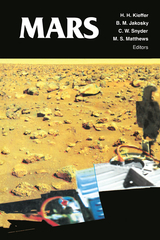Planets and Perception: Telescopic Views and Interpretations, 1609-1909
University of Arizona Press, 1988
Paper: 978-0-8165-3164-6 | eISBN: 978-0-8165-4680-0 | Cloth: 978-0-8165-1059-7
Library of Congress Classification QB601.S54 1988
Dewey Decimal Classification 522.20903
Paper: 978-0-8165-3164-6 | eISBN: 978-0-8165-4680-0 | Cloth: 978-0-8165-1059-7
Library of Congress Classification QB601.S54 1988
Dewey Decimal Classification 522.20903
ABOUT THIS BOOK | AUTHOR BIOGRAPHY | REVIEWS | TOC
ABOUT THIS BOOK
Astronomy Book of the Year, Mercury Magazine (Astronomical Society of the Pacific)
Do we really know what we see through a telescope? How does the ocular system construct planetary images, and how does the brain interpret them? Drawing on both astronomical and psychological data, William Sheehan offers the first systematic analysis of the perceptual and cognitive factors that go into the initial structuring of a planetary image and its subsequent elaboration. Sheehan details the development of lunar and planetary astronomy, beginning with Galileo’s study of the moon, and focuses particularly on the discover of “canals” on Mars. Through each episode he underscores a perceptual or psychological theme, such as the importance of differences in vision, tachistoscopic perceptual effects, the influence of expectation and suggestion on what one sees, and the social psychology of scientific discovery. Planets and Perception is a provocative book that will intrigue anyone who has ever looked through a telescope. In addition, it offers the psychologically oriented reader a case history in the processes of perception unlike any other in the literature.
Do we really know what we see through a telescope? How does the ocular system construct planetary images, and how does the brain interpret them? Drawing on both astronomical and psychological data, William Sheehan offers the first systematic analysis of the perceptual and cognitive factors that go into the initial structuring of a planetary image and its subsequent elaboration. Sheehan details the development of lunar and planetary astronomy, beginning with Galileo’s study of the moon, and focuses particularly on the discover of “canals” on Mars. Through each episode he underscores a perceptual or psychological theme, such as the importance of differences in vision, tachistoscopic perceptual effects, the influence of expectation and suggestion on what one sees, and the social psychology of scientific discovery. Planets and Perception is a provocative book that will intrigue anyone who has ever looked through a telescope. In addition, it offers the psychologically oriented reader a case history in the processes of perception unlike any other in the literature.
See other books on: Astronomy | Observations | Perception | Planets | Space Science
See other titles from University of Arizona Press
